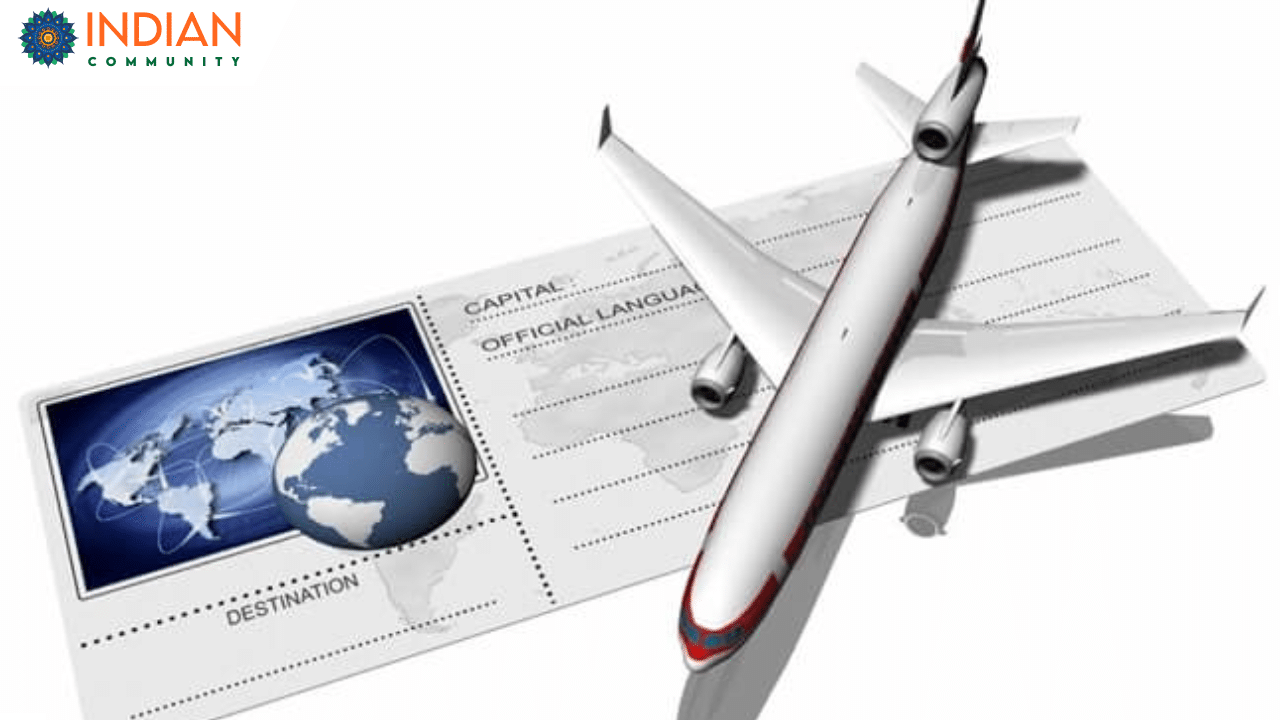In a move aimed at strengthening national security and improving the efficiency of travel procedures, the Indian government has introduced the Passenger Name Record (PNR) Information Regulations, which will come into effect on April 1, 2025. These regulations require airlines to share detailed passenger data with Indian authorities before any international flight arrives in or departs from India.
This new measure is designed to help the Indian government prevent transnational crimes such as human trafficking, money laundering, and terrorism. The regulations also align India with over 60 other countries, including the United States and several European nations, which have long implemented similar data-sharing protocols to enhance border security.
A Passenger Name Record (PNR) is a comprehensive digital record that contains key information about a traveler’s journey. It typically includes the passenger’s name, contact information, travel dates, flight details, payment information, and more. PNRs are generated when flight bookings are made and are crucial for airlines to manage reservations and ensure the safety of travelers.
Under the new PNR regulations, airlines will be required to share a detailed set of data with Indian authorities at least 24 hours before the scheduled departure or arrival of an international flight. The data must include the following 19 key points: PNR record locator code, date of reservation or ticket issuance, traveler’s name(s), flight itinerary and dates of travel, frequent flyer and benefit details, number of passengers on a PNR, available contact details (email, phone number), payment and billing information, travel agency and agent details (if applicable), code-share flight information, split or divided PNR information, passenger travel status, baggage details, ticketing information including ticket type and fare, seat number and preferences, passport information, date of birth, and gender (if available), historical changes to the PNR, any special requests or service indications, and remarks or special assistance information.
This data exchange will help Indian authorities detect and investigate security risks more effectively, allowing for faster identification of potential threats.
While the new regulations may raise concerns over privacy, the government has emphasized strict data protection measures to safeguard passengers’ personal information. The regulations stipulate that sensitive data such as an individual’s race, religion, health, or sexual orientation cannot be processed under any circumstances. Additionally, passenger data will be retained for no more than five years and will be subject to regular independent audits to ensure compliance with privacy standards.
For international travelers, including Non-Resident Indians (NRIs) frequently traveling to and from India, these regulations represent a significant change in the way their travel data will be handled. Airlines will be required to transmit this data directly to the Indian Customs system, simplifying the immigration and customs process for passengers and authorities alike.
The move aims to improve the efficiency of border security and immigration processes, reducing wait times at airports and enhancing overall travel experience. As airlines begin preparing for the April 2025 deadline, travelers are encouraged to familiarize themselves with these regulations to ensure a smooth journey when they arrive in or depart from India.
These measures are expected to bring about a more streamlined and secure travel process, not only for Indian citizens but also for the millions of international passengers who travel to and from India every year. With this proactive approach to aviation security, India is positioning itself at the forefront of global efforts to enhance passenger safety and border security in the age of advanced technology and interconnected travel systems.


